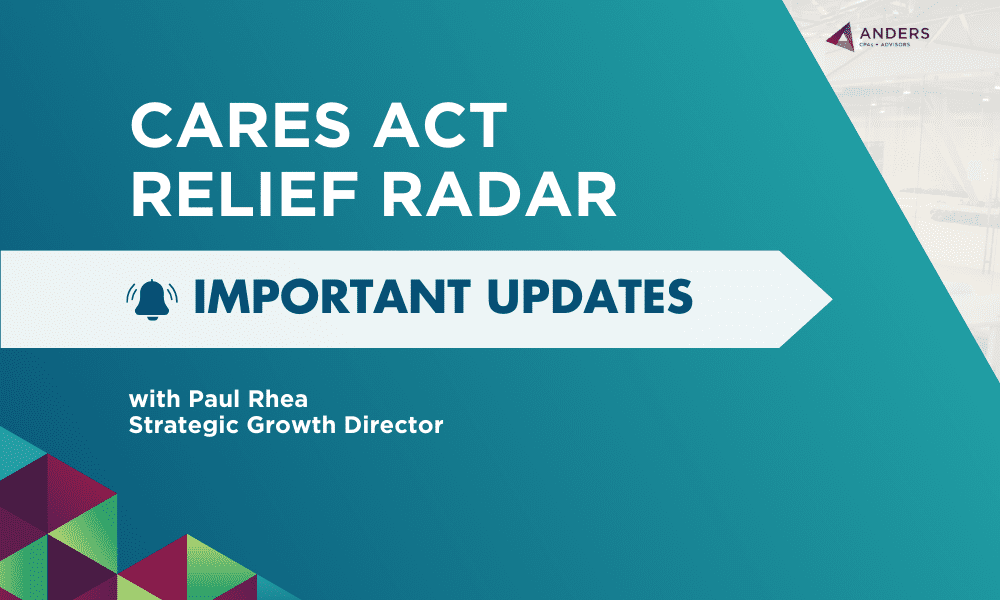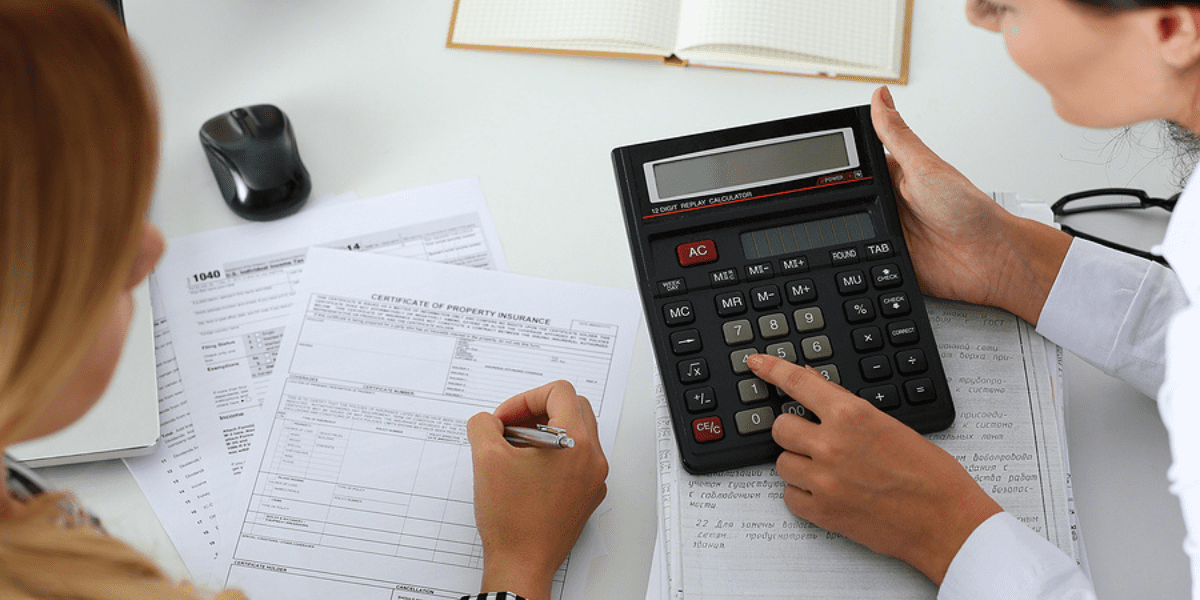There’s no doubt that businesses have been thrown into a “new normal”. For the past few weeks, business owners have worked to understand the aspects of the CARES Act, and the FFCRA, while trying to rework budgets, cash flow projections, and other important business forecasts to help weather this crisis. There are several important accounting and reporting rules under Generally Accepted Accounting Principles (GAAP) that should be considered:
Subsequent Events
GAAP often requires disclosure of events or circumstances occurring after the balance sheet date, but before the financial statements are issued. Events that provide evidence about conditions that did not exist at the balance sheet date but arose subsequent to that date are called “Type 2” events. For many closely held businesses in the US, the COVID-19 crisis is considered a Type 2 event. Generally, Type 2 events are not recognized in the financial statements but are disclosed in the footnotes to keep the financial statements from being misleading.
Risks and Uncertainties
GAAP financial statements normally include disclosures related to the nature of an entity’s operations or activities, significant estimates, and current vulnerability due to certain concentrations to provide users with information on risks and uncertainties impacting financial performance. The COVID-19 crisis has created new risks and uncertainties for many businesses. Businesses experiencing operational shutdowns, work stoppages, supply chain constraints, etc. should considered the relevant disclosures required under GAAP.
Decline in Market Values of Investments
The COVID-19 crisis has had a tremendous impact on the capital markets, and entities holding investment assets (including businesses, nonprofits, and employee benefit plans) should consider disclosure in the financial statements regarding declines in fair values of these assets. Again, as a “Type 2” event, it is not necessary to record an adjustment to fair value, but the disclosure would typically be required.
Goodwill Impairment
Under current GAAP, goodwill should be tested for impairment at least annually, and more frequently if there are indications of impairment. Among other factors, industry and market conditions caused by the COVID-19 crisis may prompt such an indication. Companies that have elected the Private Company Accounting Alternative for goodwill should also test for impairment if a triggering event occurs. The COVID-19 crisis and the related economic impact may be considered a triggering events. In addition, companies must consider whether the potential decline in it’s fair value is driven by other assets, rather than goodwill alone (e.g. accounts receivable, fixed assets, inventory, etc.). The potential write-down of those assets could reduce or eliminate any goodwill impairment.
Going Concern
GAAP requires that management evaluate whether conditions and events, in the aggregate, exist that raise substantial doubt about an entity’s ability to continue as a going concern for a period of one year from the date the financial statements are available to be issued. Existing literature cites external factors, such as catastrophic events, as issues that may raise substantial doubt. For some businesses, the COVID-19 crisis may have raised new threats and doubts that severely impact operations. Going concern evaluations must consider both quantitative and qualitative factors, and the analysis can be very complicated. Nevertheless, if substantial doubt is raised, the entity must consider the need to for additional disclosures in the financial statements.
There are many other areas of financial reporting that could be impacted by the COVID-19 crisis. Management should consider the effect, if any, on the collectability of receivables, inventory valuation, and when deferred revenue may be earned – just to name a few. Each situation is different, and significant judgment will be needed in determining the appropriateness of the above considerations on specific businesses.





